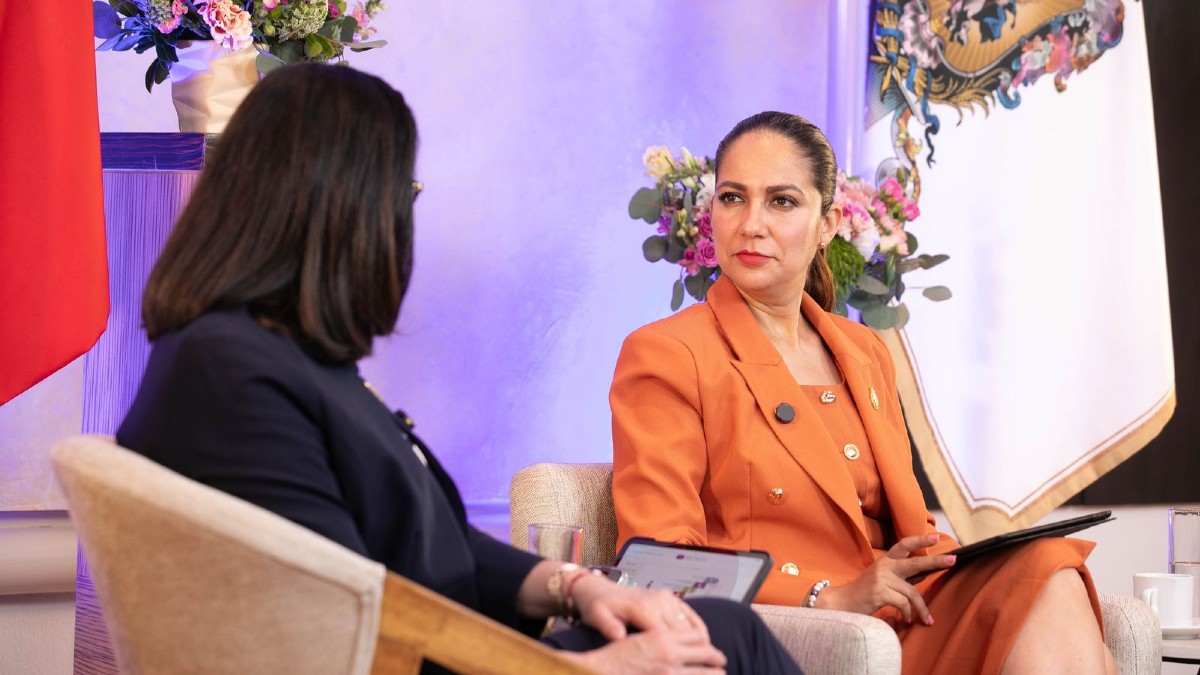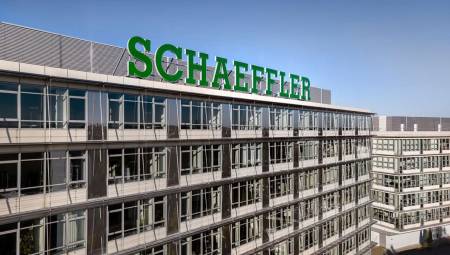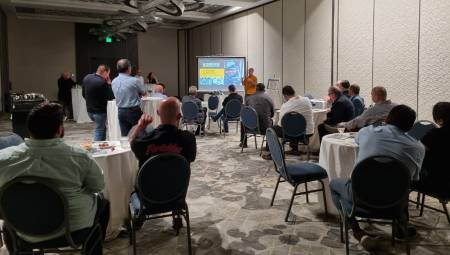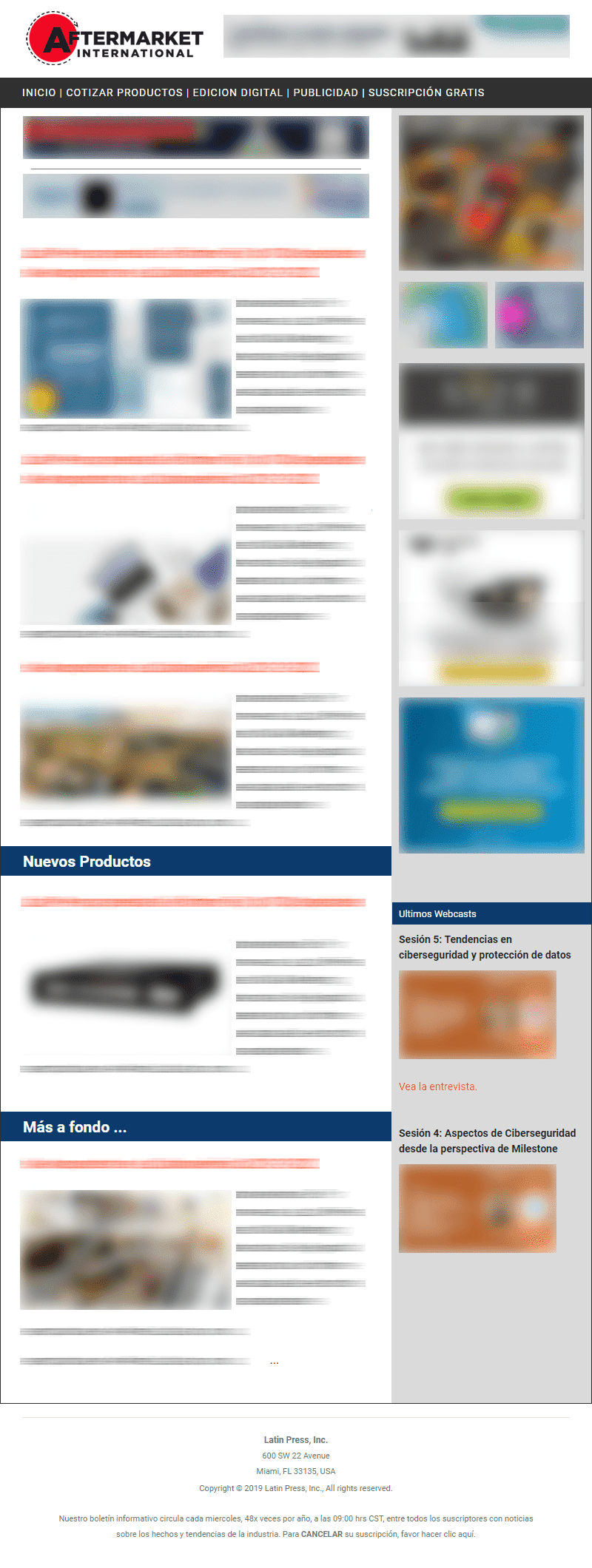Mexico. In a key meeting for the regional economy, the Governor of Guanajuato, Libia Dennise García Muñoz Ledo, together with the Secretary of Economy, Claudia Cristina Villaseñor Aguilar, and the general director of COFOCE, Luis Ernesto Rojas Ávila, discussed the impact of the new tariffs imposed by the United States.
The dialogue focused on the repercussions for the automotive industry, one of the economic pillars of the state.
With more than 200 companies in the automotive and auto parts sector installed in its territory, Guanajuato has established itself as one of the most dynamic automotive clusters in Latin America. Despite the new commercial panorama, the assembly plants installed in the state have ratified their commitment to the region, as confirmed by the state governor.
"We are not going to allow tariffs to stop us. The automotive industry will continue to be a key engine of our economy, and we are working to maintain its competitiveness internationally," said the Governor.
Strategy to strengthen automotive manufacturing
Faced with this scenario, the state government presented a strategy divided into four axes to shore up the export manufacturing industry, especially the automotive sector:
- Macro Axis: Coordination with the federal government and dialogue with international automakers to ensure favorable trade conditions.
- Micro Axis: Direct support to small and medium-sized enterprises (SMEs) in the automotive value chain with financing, training and business strengthening tools.
- Social Axis: Promotion of local consumption and productive articulation with projects such as Marca Guanajuato, which seeks to consolidate the productive identity of the state.
- SME Axis: Creation of a competitive environment for exporting SMEs, which have gained prominence in sectors such as auto parts, metalworking and logistics.
In addition, free training workshops were announced through COFOCE for companies to learn about the requirements of the USMCA, such as certificates of origin, key to accessing tariff benefits in the United States and Canada.
The commitment to sustainability in the industry was also highlighted, with investments in solar energy and other renewable sources, as part of a strategy to reduce energy costs and maintain the competitiveness of manufacturing plants.
During the session, Luis Rojas, head of COFOCE, reported that Guanajuato's exports reached 36,000 million dollars in 2024, with a growth of 8.78% compared to the previous year. This boost is due, to a large extent, to the dynamism of sectors such as automotive, auto parts, metalworking and chemicals.
Guanajuato already has the largest number of exporting SMEs in Mexico: about 2,000 companies currently, with the goal of reaching 3,000 in the coming years.
In the first six months of the current state government, Guanajuato has attracted more than 2,147 million dollars in foreign investment, with a goal of closing the year with 3 billion. This investment not only strengthens industrial infrastructure, but also translates into job opportunities.
Through the coneecta.guanajuato.gob.mx portal, the government promotes the connection between citizenship and available vacancies. Currently, there are more than 10,000 positions registered in more than 2,000 companies in the state, many of them linked to the automotive chain.















